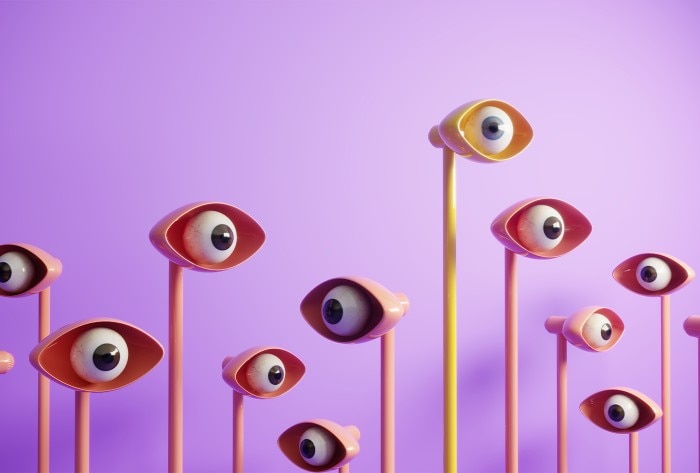MENU
CH | CHF
-
-
-
- Services pour bioprocédés
- Services pour centrifugeuse et rotors
- Services pour Mastercycler
- Services pour automates de pipetage
- Services pour congélateurs
- Services pour incubateurs
- Services pour agitateurs
- Services pour appareils de photométrie
- Service de contrôle de la température et de l’agitation
- Service pour pipette
-
-
-
-
- Services pour bioprocédés
- Services pour centrifugeuse et rotors
- Services pour Mastercycler
- Services pour automates de pipetage
- Services pour congélateurs
- Services pour incubateurs
- Services pour agitateurs
- Services pour appareils de photométrie
- Service de contrôle de la température et de l’agitation
- Service pour pipette
-
CH | CHF
-
- Centrifugeuses de paillasse
- Centrifugeuses au sol
- Centrifugeuses réfrigérées
- Microcentrifugeuses
- Centrifugeuses multi-fonctions
- Centrifugeuses haute vitesse
- Ultracentrifugeuses
- Concentrateur
- Produits IVD
- High-Speed and Ultracentrifuge Consumables
- Tubes de centrifugeuse
- Plaques de centrifugeuse
- Gestion des appareils
- Gestion des échantillons et des informations
-
- Pipetage manuel & distribution
- Pipettes mécaniques
- Pipettes électroniques
- Pipettes multicanaux
- Distributeurs et pipettes à déplacement positif
- Automates de pipetage
- Distributeurs sur flacon
- Auxiliaires de pipetage
- Pointes de pipette
- Consommables d’automatisation
- Accessoires pour pipettes et distributeurs
- Accessoires d’automatisation
- Services pour pipettes et distributeurs
Aucun résultat trouvé
Chercher des suggestions

Experience Wins
Découvrir les sciences de la vie
- La vie au labo
- Off the Bench
- Inspirer la science
Which is better: a doctor or artificial intelligence? A study delivers surprising results.
These days, artificial intelligence (AI) is already being utilized in multiple areas of medical diagnostics. Researchers at the University of Cambridge have asked the question: is AI superior to doctors? In their study, the language model GPT-4 by OpenAI competed against physicians from the field of ophthalmology, with the goal of assessing 87 different eye conditions. The result: AI was superior to doctors with little experience when it came to diagnostics and treatment recommendations. Only the experienced specialists were more accurate than the algorithm. According to lead author Arun Thirunavukarasu, AI could be most helpful in those areas that lack specialists; for example, to decide whether an eye problem should be treated by a family doctor or a specialist.
Lire moins
